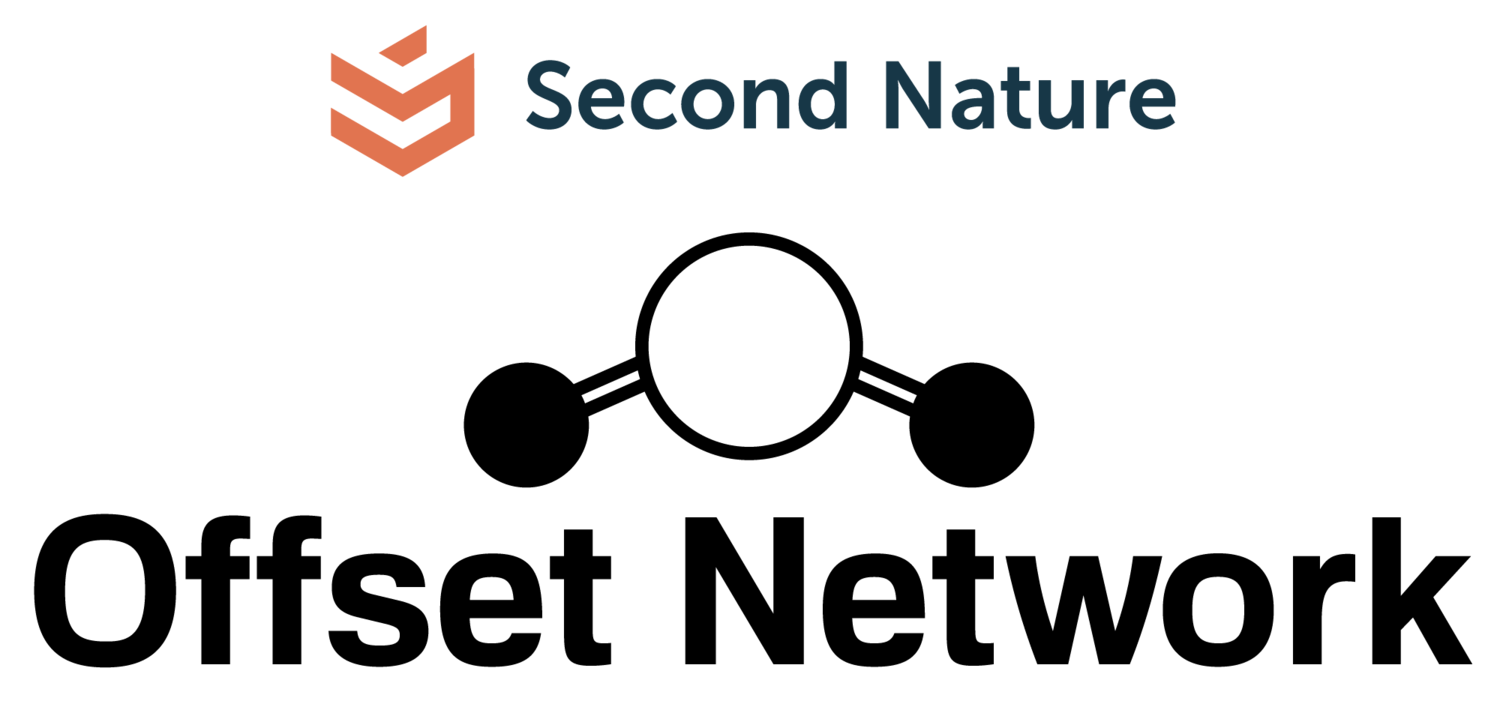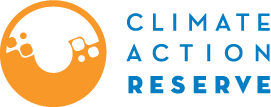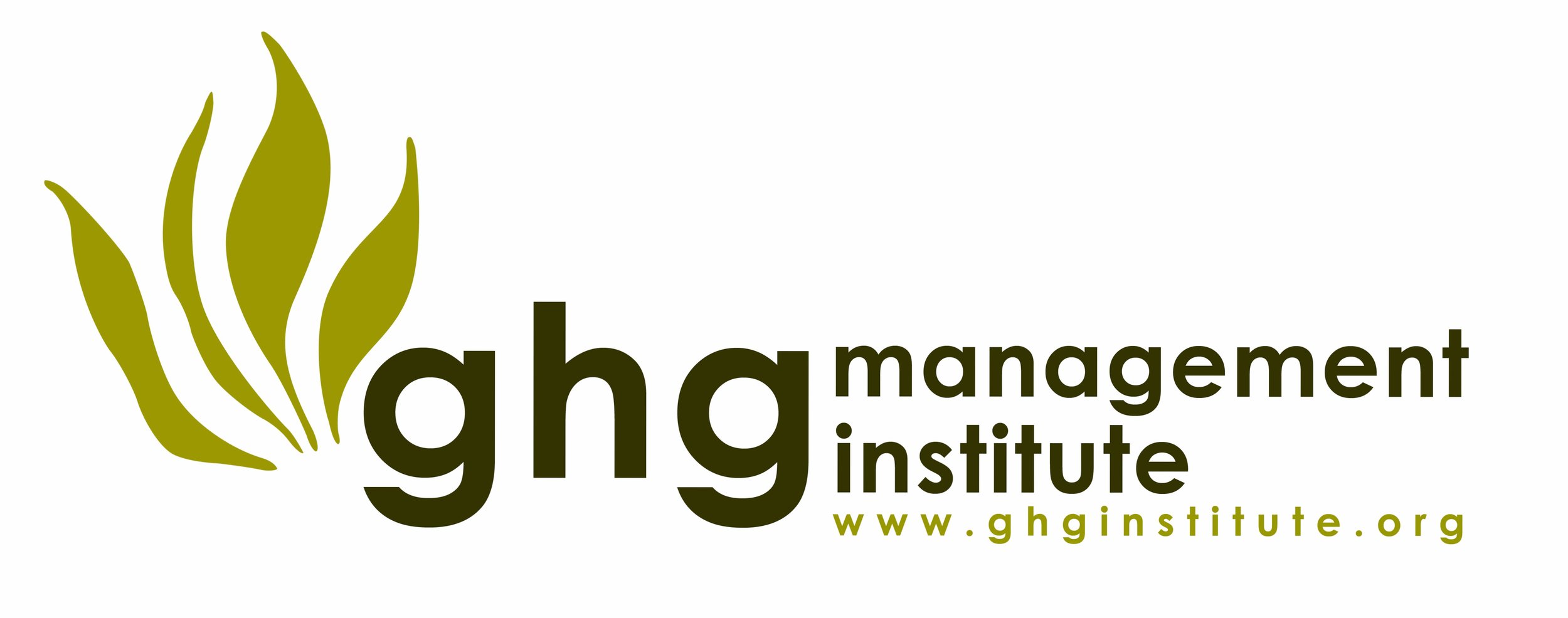Develop a Project
When developing an offset project, we encourage you to examine similar projects available through the examples on the Offset Projects page. The Offset Network helps connect institutions that are just getting started with experienced project developers to help new programs get off the ground, link you to useful resources, and foster a peer review community. Don’t hesitate to reach out to other project organizers and build connections within this community of institutions striving to achieve climate neutrality.
Steps to Follow:
- Select a project type.
- Identify a carbon offset protocol or develop a new one
- Existing protocol -> contact carbon offsets standard body
- Develop your own protocol ->
- Second Nature schools: contact Second Nature
- Other schools: contact Offset Network
- Submit project plan to a carbon offsets standard body. For innovative/peer reviewed projects, submit the project plan to the Offset Network peer review committee.
- Develop the project. Organizations using the Offset Network as the GHG program should add project profile to Offset Network's website.
- Complete carbon offset accounting and verify project offsets.
- Receive and retire offsets that have been verified and registered with the associated GHG program.
We recommend using an existing protocol if one is available and applicable for your selected project type. If you are unable to find an existing protocol that fits your needs, contact us or Second Nature for next steps.
Creating your own carbon offset project will grant your institution the control and ability to increase co-benefits for your community and provide learning opportunities for students. The Offset Network supports, guides, and provides the structure for developing robust offset projects that meet your climate neutrality, educational, and other institutional goals.
Peer Reviewed Offsets
The Offset Network is developing a peer review process for offset projects to help colleges and universities leverage partnerships within the academic community to reduce the high cost of project development and verification. Stay tuned for updates as this pathway for project verification is developed!
Useful Resources:
Below are links to useful resources when considering developing your own offset project including training courses to increase internal capacity and guidance materials for project developers.
The below documents, made available by Oberlin College's Green EDGE Fund, are intended as tools to ease project development and documentation within the Offset Network.
General Protocol
The General Protocol is a document created by Tomorrow's Climate Solutions LLC for Oberlin College. The Protocol looks at standards for GHG accounting and and pieces together the consistent characteristics between all project types. This General Protocol is a useful tool when beginning the process of project accounting and starting the documentation of your project. You may download the General Protocol from this location once it has been made available to the public.
PDD Template
The Project Design Document (PDD) Template is the companion document to the General Protocol and the two documents should be used in-tandem. While the General Protocol provides instructions for how to fulfill sections required for carbon accounting, the PDD Template provides a working document for inputting the required components to fulfill documentation as well as sample responses based on a project completed by Oberlin College in Fall 2016.
The General Protocol & PDD Template must follow additional considerations found in project-type specific protocols that include additional accounting elements required for particular project types, and should therefore not be relied upon for the entirety of documentation.
Contact Tomorrow's Climate Solutions for access to the General Protocol and Project Description Document Template via email at tani@tomorrowsclimatesolutions.com






